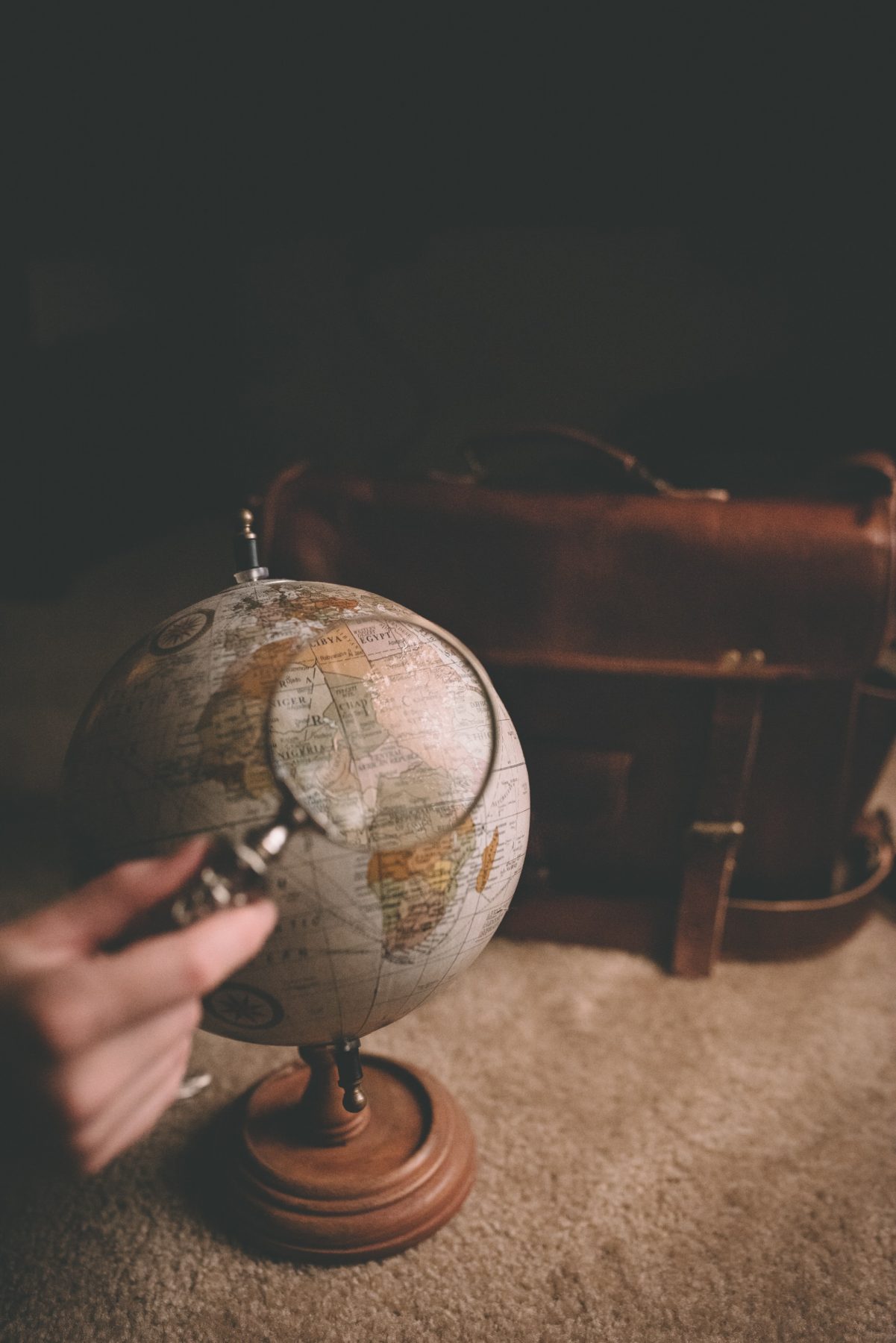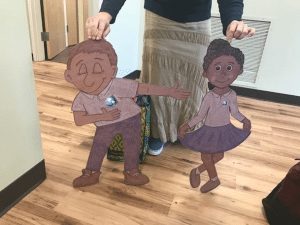Winter Holidays Around the World
The beginning of Winter marks a time of celebration for many religions and cultures which means many winter holidays are celebrated.
In general, these traditions fall close to the Winter solstice and involve a festival of lights. They originated before electrical power when Winter was dark and gloomy. Food was scarce and people needed to stay inside out of the cold.
Because Winter was full of trying days and long chilly nights, people developed rituals of bonding, singing, and merrymaking. They transformed their struggles into unique traditions. Our Montessori Guides enjoy spreading awareness of the different traditions.
SEVEN WINTER HOLIDAYS FROM AROUND THE WORLD
Bodhi Day (Buddhist)
Buddhists study the Buddha, who represents a wise man. The Buddha experienced an awakening while under a tree called a Bodhi tree. Bodhi day is celebrated to commemorate this moment. Buddhists decorate a ficus tree with strings of lights to mark the day. Its exact date varies between Buddhist traditions, but the timing is based off the lunar calendar.
Chaomos (Pakistani)
Chaomos is a seven-day festival celebrated by the Kalasha and Kalash Kafir people of Pakistan. These people live in the valleys and the northwestern corner of Pakistan. During Chaomos, there is a torchlight procession with songs and chants. There are also ritual baths for purification as well as dancing and feasting around a bonfire.
Christmas (Christian)
Christmas, the most well known of the winter holidays in the US, is celebrated to mark the birth of the Christian savior, Jesus Christ. Christians worldwide observe this major holiday, but their traditions vary. Many people decorate a fir tree in their home with strings of lights and ornaments. Some Christians recreate the setting of Jesus’s birth with figurines. A Christian Saint, Saint Nicholas (Santa Claus) has developed into a mythological figure who brings presents to children.
Dong Zhi (Chinese)
Dong Zhi is celebrated to mark the start of Winter and the end of the harvest season. The Chinese people observe Dong Zhi by sharing a large family feast. Dong Zhi falls on the Winter solstice, as measured by the Chinese calendar. It is important to include winter holidays from all areas of the globe.
Feast of Juul (Scandanavian)
The Feast of Juul was celebrated in Scandinavia before Christianity became widespread. Many of its traditions were later adopted into Christian rituals. The Feast of Juul occurred at the Winter solstice in honor of the Scandinavian god, Thor. A Juul log (or yule log) was burned on the hearth to symbolize heat and to symbolically replace the sun throughout the warmer seasons.
Hannukah (Jewish)
Hannukah (also Channukah) is an eight-day celebration observed by those of Jewish faith. Hannukah commemorates the rededication of the Second Temple in Jerusalem, which occurred during the second-century B.C.E. Families observe the eight days of Hannukah by lighting a candelabrum called a menorah. Each night, a candle is lit. Jewish families play a game called Dreidel and eat traditional Jewish foods during Hannukah. When celebrating winter holidays, it is important to remember that different religions celebrate differently than you.
Kwanzaa (African)
Our last of the winter holidays we will be going over is Kwanzaa. Kwanzaa is a celebration of African heritage and culture. It is observed over a seven day period. Kwanzaa has seven core principles. They are: unity, self-determination, collective work and responsibility, cooperative economics, purpose, creativity, and faith. Families who celebrate Kwanzaa use a candelabrum called a kinara with cancles to represent each principle. Each night, a candle is lit.
Kids love to learn about how other cultures celebrate and the winter holidays are a perfect time to do this. The very best way for them to do that is through hands-on experiences. Children cannot participate in every tradition, but they can make arts and crafts and learn to cook the foods special to each holiday. A special day for this is a great way to send children off on the Winter holidays from school.


